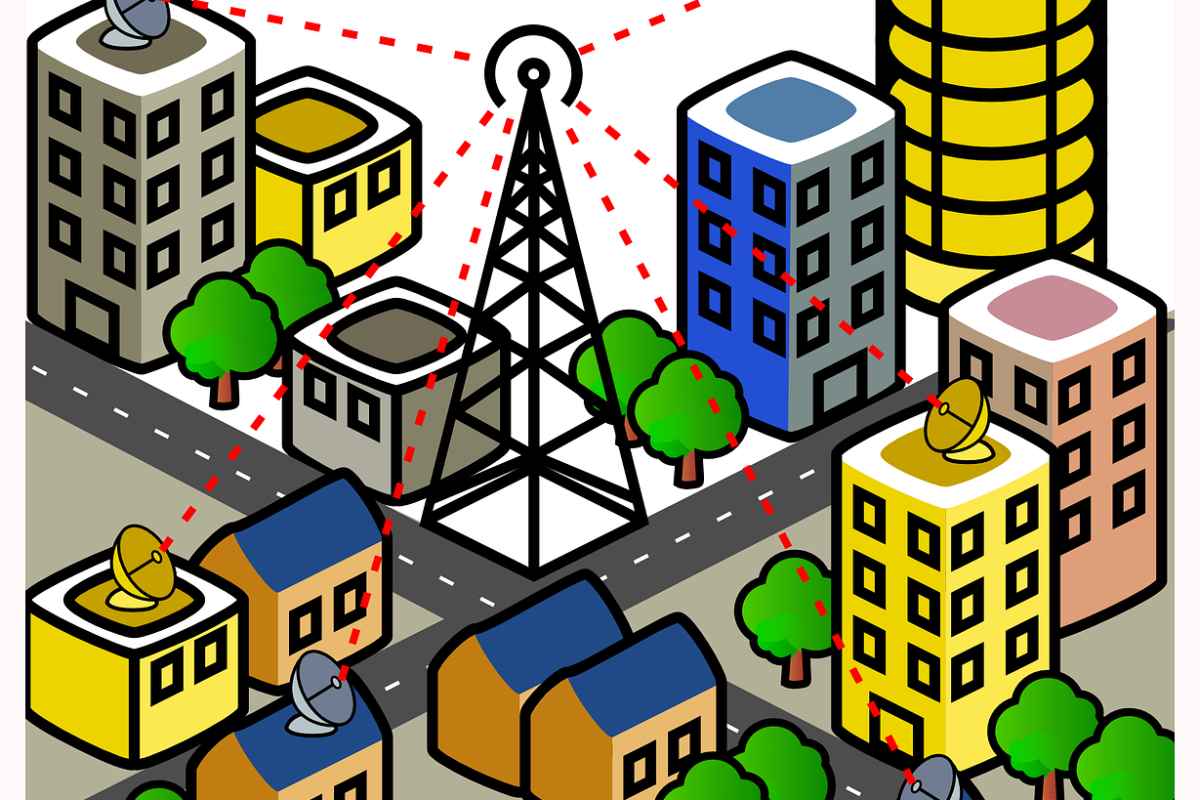The rising number of illegal repeaters and boosters in the country has forced the Cellular Operators Association of India (COAI) to order the Department of Telecommunications (DoT) a total ban on selling of signal repeaters and boosters, be it offline or online. COAI has asked DoT to pursue the issue with the Ministry of Commerce and Industry to prohibit the import of illegal boosters in the country immediately. Furthermore, the DoT has been asked to beseech the Ministry of Home Affairs (MHA) to issue suitable commands to state DGPs/CPs/chief secretaries to take action under the law against the sellers of illegal repeaters in the country.
Why Are These Illegal Repeaters and Boosters A Concern?
According to IANS’s report, the COAI said the selling and use of repeaters is concerning because these wideband devices attract network signals to provide connectivity to a particular building or area in an unregulated manner. This drains the network strength in other neighbouring areas, thereby resulting in call drops and depleted network quality. The COAI has also mentioned in a letter that grey market outlets and online e-commerce sites are making low-cost repeaters illegally available, and since it is available online, it can be conveniently purchased or installed by anyone. These repeaters are being increasingly installed in the country over the last few years, and it is especially an issue in a densely populated country like ours. The COAI also mentioned that these illegal repeaters are being installed by unauthorized agencies, homes, hostels and offices. It has become a common practice for landlords to install these illegal devices in populated areas to draw tenants, which negatively affects the mobile network availability in the entire area, be it 2G, 3G or 4G networks. The COAI said that earlier, these boosters were especially used in areas where mobile towers could not be easily installed. Current norms say that telecom providers can install repeaters after a careful inspection but only where there is a necessity and after a request being raised. In any case, the TSPs make it a priority to see if the repeater isn’t hindering the network coverage for people outside the distribution area. The TSPs also make sure that the repeater doesn’t interfere with other TSPs allocated spectrum frequency. The telecom industry has expressed its fair share of views on how these illegal repeaters are the biggest cause of the current issues like call drops and depleted network quality.
